GET MENTAL: Three things athletes shouldn’t say to themselves
CalHiSports InsightsMulti-Sport May 16, 2012 SportStars 0
By ERIKA CARLSON
In my 13 years working in the field of sport psychology, the number one thing my athletes have taught me (and research absolutely supports this) is that what you think matters. Managing your thoughts and emotions is the key to consistent performance.
For most athletes, this does not come naturally because we care about how we are doing. Caring about outcomes tends to generate thoughts and emotions, especially when things go wrong. Here are a few common thoughts that get in the way of consistently good performance:
1) What if I strike out?”
Saying “What if…(fill in the blank here)” is a clue that you are focused on the future which is a sure fire way to increase nervousness and anxiety. Instead, try giving yourself simple instructions to direct your attention to the task at hand, “Level swing,” “Stay loose,” “See the release.” Thinking this way keeps you focused and helps to manage nerves by keeping your attention in the present.
2) “I don’t know if I can beat her!”
Sizing up your competition can be a huge distraction to performing your best. Have a plan that you feel confident about, stay focused on your performance, your race strategy, your start and your strengths. These are all under your control, which will help maintain confidence and proper focus — key components to great performance.
3) “I can’t believe I did that!!”
Focusing on mistakes means you are focused on the past, and you are no longer “in the game” mentally. Tell tale signs that an athlete is thinking about mistakes are a slowed work-rate, weak body language, and looking down. All athletes make mistakes. Great athletes just mentally recover a lot quicker. Challenge yourself to get back in the game immediately following a mistake, “ready,” “look up,” “next ball.” There is always time after the competition or during stoppage to analyze details of the mistake and make sure it doesn’t happen again.
Mental skills are no different than physical skills, they must be learned, practiced, and repeated in order to be effective. Having a good day mentally means having a good day physically and technically. How are you managing your mental game?
Get Mental is a shared column which focuses on training the mental aspects of one’s game. Erika Carlson is a certified mental trainer who runs a practice called Excellence in Sports Performance located in Pleasanton. Contact Erika by emailing Erika@ErikaCarlsonSports.com.
SportStars
SportStars Magazine: High School Sports Articles Online SportStars is your go-to source for the very best high school sports articles in California. Player and team profiles, game coverage, health and fitness tips and the largest Camps, Clinics & Combine resource for athletes. We're the story behind the stats.


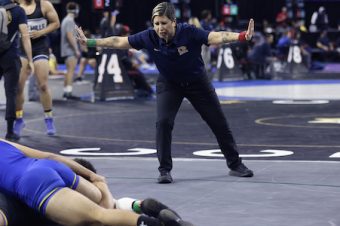


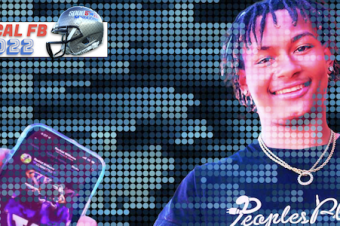
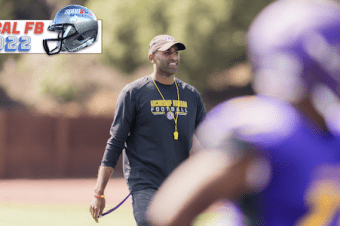
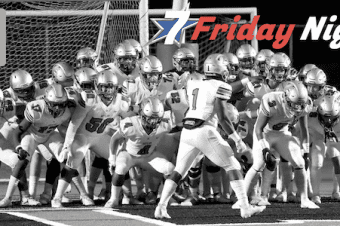
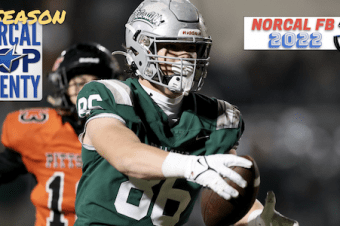
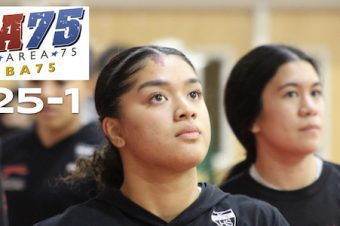
No comments so far.
Be first to leave comment below.